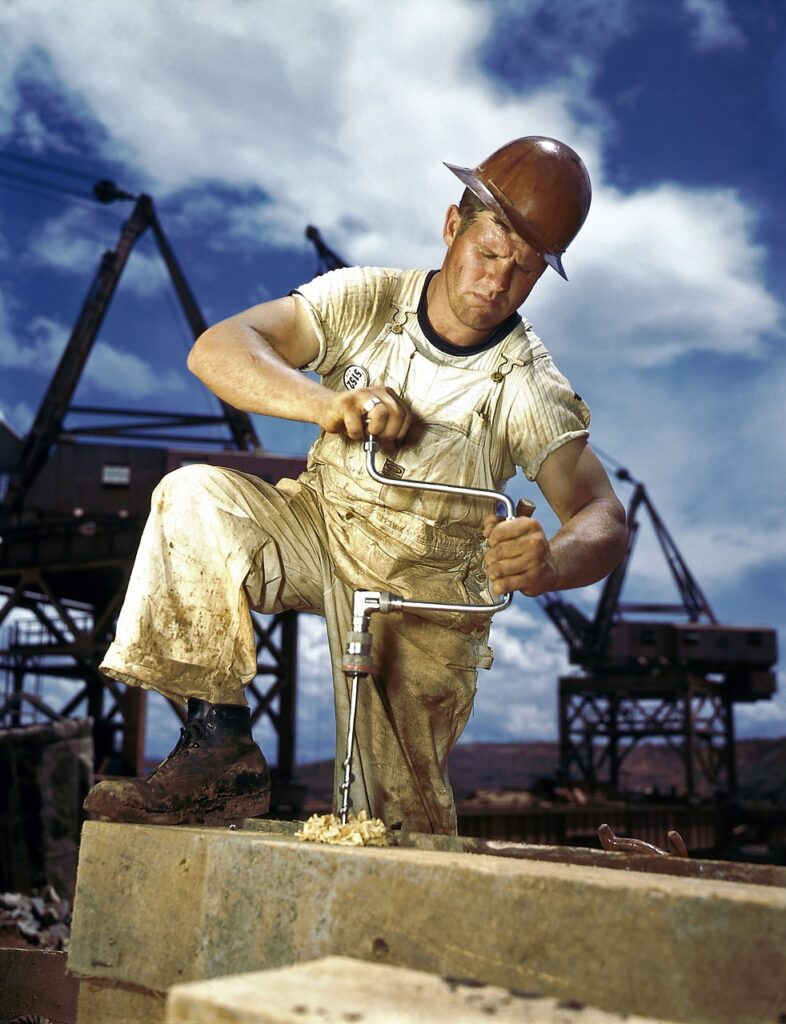Handyman services contractors handle a wide range of home repair and maintenance tasks, from fixing leaks to installing fixtures. They offer flexible, professional help for homeowners who need reliable support without hiring multiple specialists.
A key benefit of hiring handyman contractors is their ability to efficiently manage diverse projects, saving time and effort for property owners. Their skills cover electrical work, carpentry, plumbing, and general maintenance, making them a practical choice for ongoing household needs.
Many homeowners prefer handyman contractors because they provide trustworthy solutions at competitive rates. Understanding what these professionals do helps property owners make informed decisions about maintaining and improving their homes.
Handyman Services Contractors Overview
Handyman services contractors offer versatile repair, maintenance, and improvement work. They combine multiple skills to handle diverse tasks efficiently.
What Defines a Handyman Services Contractor
A handyman services contractor is a professional skilled in various trades including carpentry, plumbing, electrical work, and painting. They typically handle small to medium-sized jobs that do not require specialized contractors. Licensing requirements vary by location, but many handymen operate with general business licenses rather than trade-specific certifications.
These contractors often work independently or for small companies. They focus on quick, effective solutions for home or business clients. Reliability, versatility, and the ability to troubleshoot multiple issues define their role.
Types of Projects Handled
Common projects include fixing leaks, installing light fixtures, repairing drywall, assembling furniture, and painting. They also handle minor electrical and plumbing repairs such as repairing switches or unclogging drains. Renovation support elements, like deck repair or fence installation, are within their scope.
Projects are typically those that do not require complex engineering or permits. For larger jobs, they might recommend or subcontract specialists. Their role fills gaps between simple DIY tasks and specialized contractor work.
Key Skills and Qualifications
Effective handymen have strong problem-solving skills and mechanical aptitude. Proficiency in basic carpentry, plumbing, electrical, and painting is essential. Good hand-eye coordination and physical fitness help in handling various tools and tasks safely.
Qualifications may include vocational training, on-the-job experience, or technical courses. Communication skills and professionalism are crucial for client interactions. Depending on the region, insurance or bonding may be required to protect clients and contractors.
Choosing a Reliable Handyman Services Contractor
Selecting a trustworthy handyman contractor involves careful consideration of qualifications, services, legal compliance, and reputation. Each of these aspects helps ensure the contractor can complete tasks professionally, safely, and to the client’s satisfaction.
Evaluating Credentials and Experience
Verifying licenses and certifications is essential. A reliable handyman will possess proof of legitimate trade qualifications and proper training. Experience in specific tasks, such as plumbing or electrical work, also matters because it affects the quality and efficiency of the job.
Years in business serve as another indicator of credibility. Contractors with a proven track record are more likely to understand local building codes and standards. It’s important to ask for examples of past projects or a portfolio that demonstrates skill and reliability.
Comparing Service Offerings
Different contractors specialize in various repair and maintenance areas. It is practical to choose one whose services match the specific job requirements. For example, some may handle only basic repairs, while others offer remodeling, carpentry, or HVAC support.
Service packages, availability, and pricing structure should be compared clearly. Understanding what is included, such as materials or warranties, helps prevent unexpected costs. Transparency in service details benefits both parties and improves project outcomes.
Ensuring Compliance and Insurance
Compliance with local regulations and safety standards protects clients and workers. Licensed handymen follow legal requirements for permits and inspections. Without this, clients risk fines or unsafe work environments.
Insurance coverage is critical. Contractors should carry liability insurance and workers’ compensation to cover property damage or injuries. Confirming this reduces personal liability in case of accidents or errors during the project.
Assessing Customer Reviews and References
Reviews and references offer insight into a contractor’s professionalism and work quality. Clients should seek feedback from multiple sources, such as online platforms and direct referrals.
Look for consistency in comments about punctuality, communication, and craftsmanship. Negative patterns, like missed deadlines or poor customer service, are red flags. Verifying references allows clients to ask specific questions about the contractor’s reliability and problem-solving skills.
